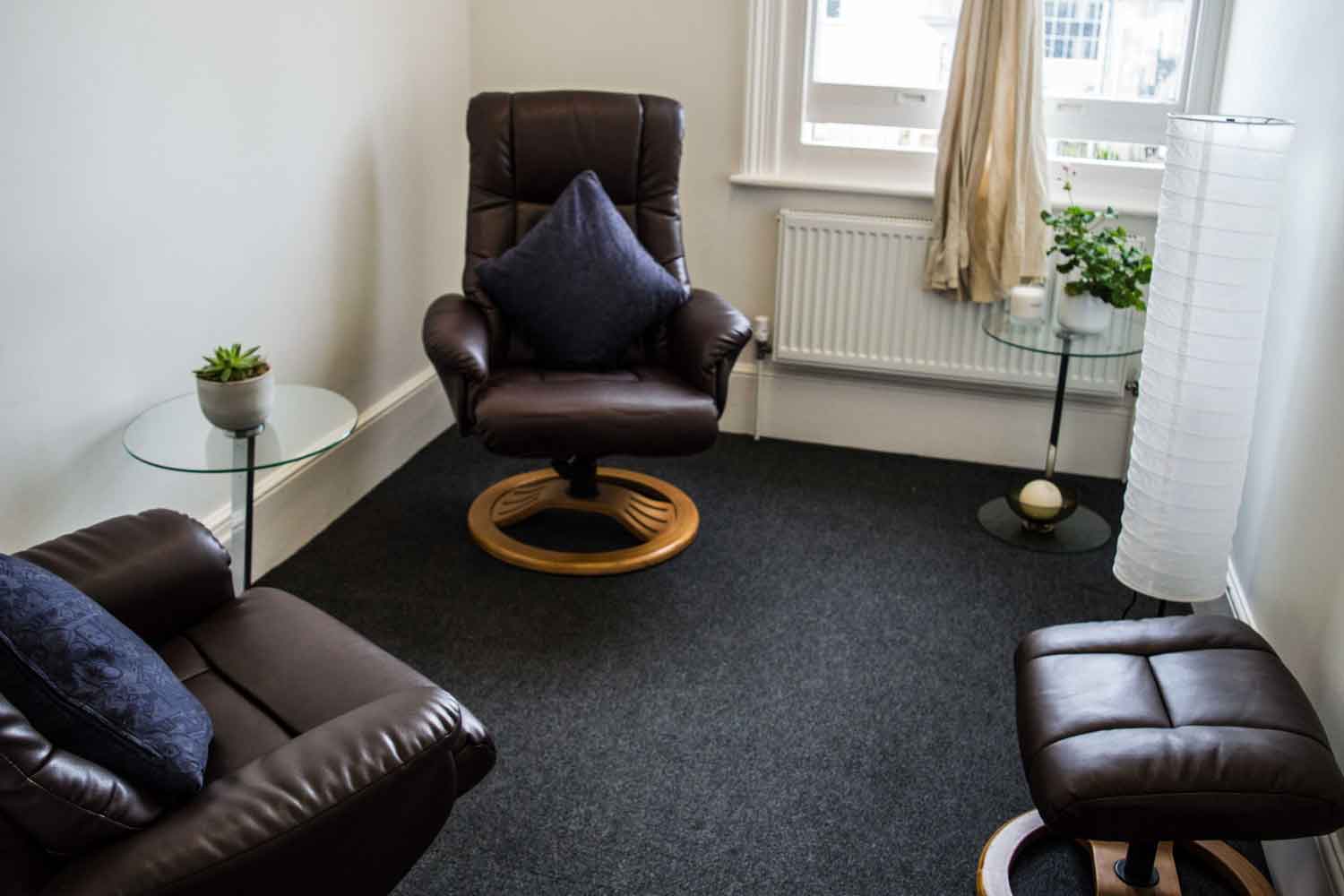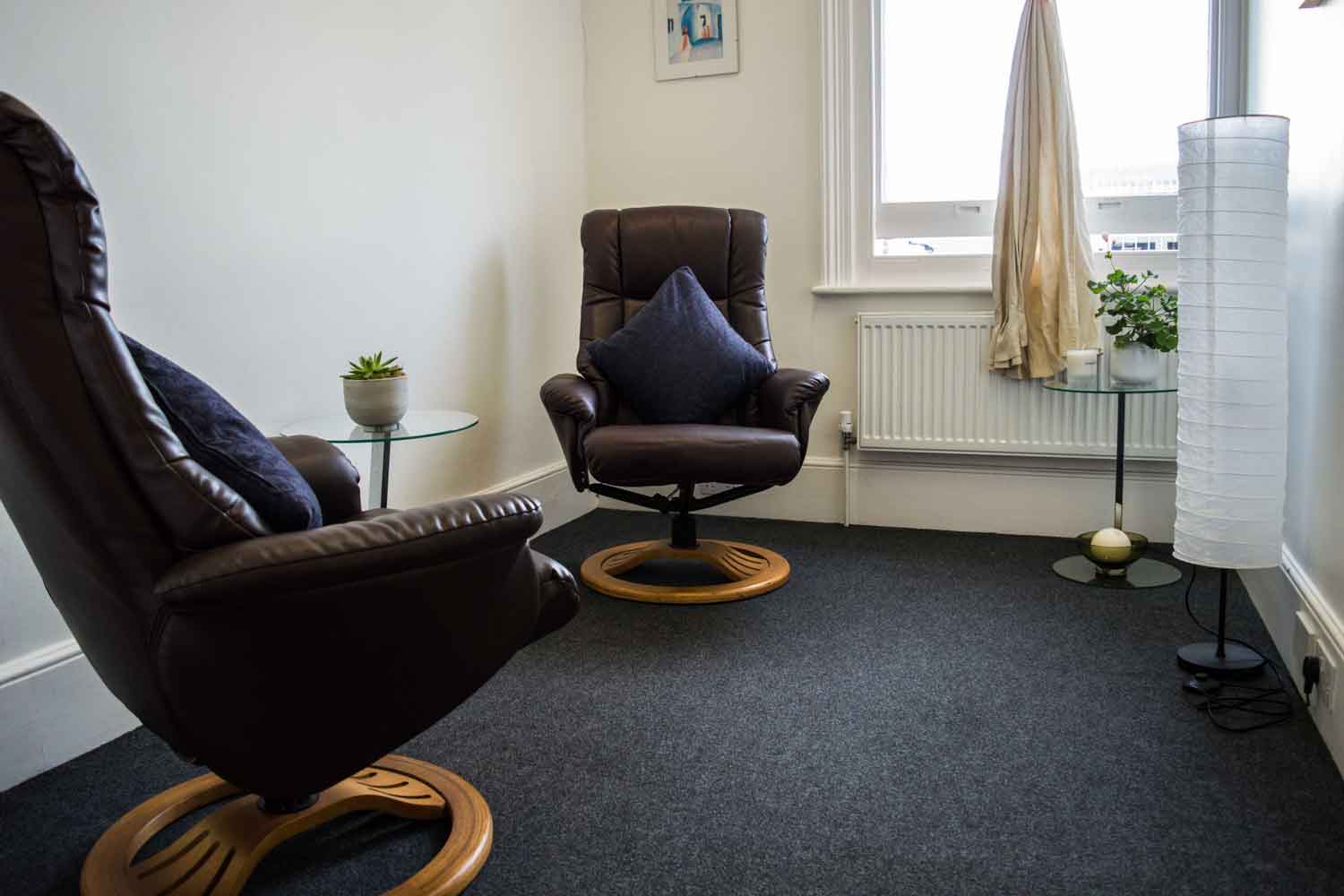If you are approaching a psychological healthcare practitioner then trying to understand the difference between Psychiatry, Psychology and Psychotherapy can be confusing and make it difficult to work out what’s best for you. It is important to stress that there are more similarities than differences however we have set out below some of the key distinctions in the hope that this will make your decision regarding who it would be best for you to see easier. Of course, if you would prefer to talk things through further and discuss how best Psychology Sussex can help you or someone you care about then do not hesitate to make Contact.
Psychiatrist
Psychiatrists are specialised medical doctors. Like all other areas of medicine, psychiatrists in the UK do a general medical training for 5 years before going on to undertake two years of applied posts within hospital and outpatient settings. Psychiatrists will then undertake further training, typically up to 4 years, in order to specialise in Psychiatry.
The mainstay of psychiatrists is providing formal diagnosis of psychological health problems and prescribing psychotropic medication. In the UK, GPs can also provide medication for mild-moderate depression and anxiety, however for more complex needs a psychiatrist is required.
Our practitioners work alongside psychiatrists in other clinics, both within the NHS and private practice
Psychologist
Psychologists are normally trained to doctoral level (typically undertaking a 3-year doctoral programme after their first degree). Psychologists specialise in the assessment and treatment of emotional, psychological and behavioural difficulties.
Our psychologists work in an integrative way, which is to say that they draw on the many different therapeutic modalities they have been trained in order to tailor an approach to suit a given person’s needs. Our psychologists are able to work with individuals of all ages as well as couples and families.
There are many subspecialties within psychology – such as neuropsychology and developmental psychology etc. Some psychologists have also specialised in administering particular psychometric tests such as those designed to assess cognitive functioning, personality or neuropsychological functioning.
‘Psychologist’ is a legally protected term. any one calling themselves a psychologist must have a particular level of training, be registered with the Health & Care Professions Council (HCPC) and abide by the HCPC ethical framework. Most psychologists are also registered with the British Psychological Society, which is deemed to be good practice but is not mandatory.
You can check the legality/status of your Psychologist by going to the Health & Care Professions Council online check service here
Psychotherapist
Psychotherapists have various levels of training and experience. Psychotherapists often tend to come from varied professional backgrounds, as well as medicine and psychology, before undertaking training in psychotherapy (whether this is a postgraduate diploma, masters or doctoral level qualification). There are more similarities than differences between psychologists and psychotherapists. For example, both psychologists and psychotherapists can work with individuals, couples, families and are able to support people with a wide range of psychological and emotional difficulties.
The way psychotherapists work will largely be influenced by the theoretical background of their training, for example psychodynamic, humanistic or Cognitive Behavioural Therapy (CBT). More senior psychotherapists will tend to have trained in several therapeutic modalities and be able to draw on these to offer an integrative approach tailored to the client’s needs.
‘Psychotherapist’ is NOT a legally protected term this means that anyone can call themselves a Psychotherapist, they do NOT need any particular level of training, or have be registered with a professional council or governing body. However Psychotherapist can choose to register with governing bodies UKCP and or BACP
Note: Confusingly ‘Art psychotherapist’ is a Legally protected term and is bound by the same legal frameworks as a ‘Psychologist’
What’s for me?
Whether or not you see a psychiatrist, psychologist or psychotherapist it is important to know that there is no ‘magic wand’. Psychological therapy requires a personal commitment and the success of any intervention owes much more to the quality of the relationship with the professional you see rather than the specific intervention.
Katy Baboulene, Clinical Director and Chartered Psychologist, is happy to personally vouch for all the psychological healthcare practitioners working with Psychology Sussex.
Do not hesitate to contact to discuss how best we can support you or someone that you care for.










